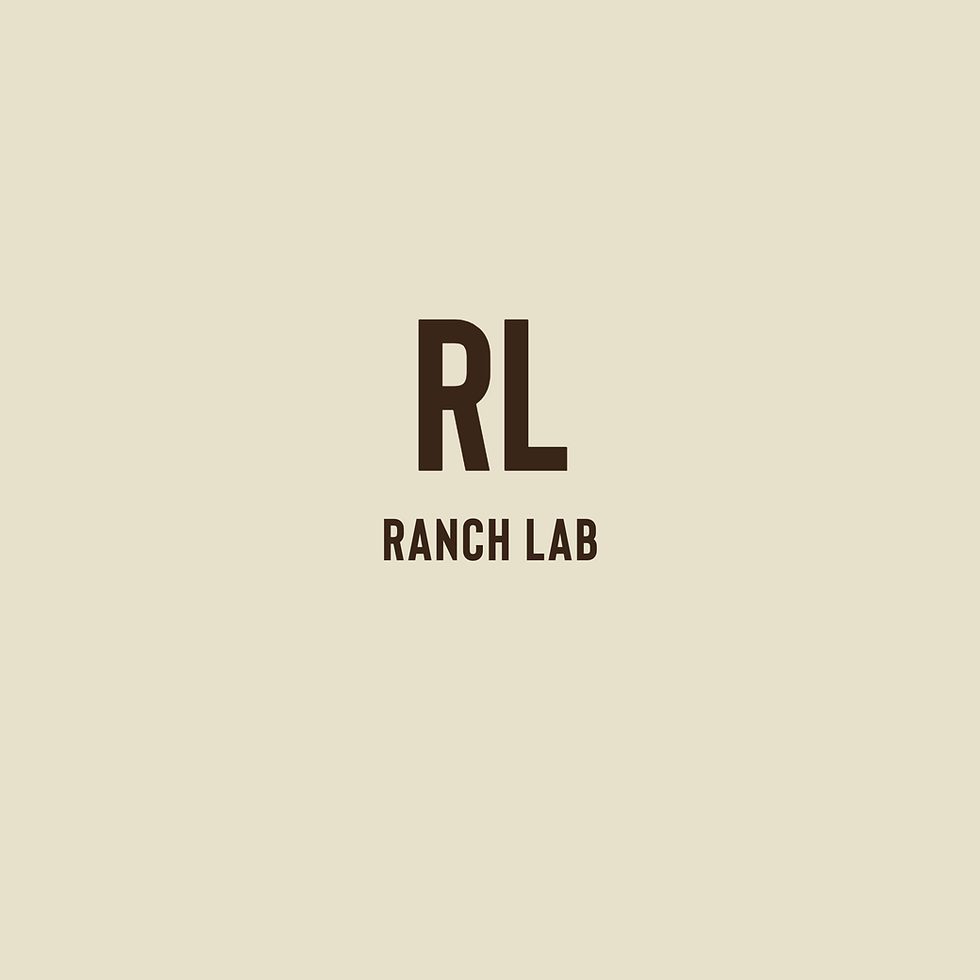Conservation Analysis of Ute Creek Cattle Company Leading the Way to Policy Change
- bella1187
- Feb 27, 2024
- 2 min read
Updated: Mar 6, 2025
In recent months, my grandmother, Tuda Libby Crews, and I have documented the conservation efforts spanning 23 years at Ute Creek Cattle Company in northeastern New Mexico. By integrating this information with annual financial records, we aim to demonstrate how conservation practices enhance an organization's profitability and operational sustainability. Our final report will cover soil health, increased biodiversity, and carbon sequestration. We have collaborated with researchers from Los Alamos Labs to document this project.
This project marks the beginning of Ranch Lab, an innovative initiative aimed at transforming the landscape of agricultural practices. By establishing a direct link between producers—those who are actively engaged in farming and ranching—and researchers who specialize in agricultural sciences, we are poised to create a collaborative environment that fosters the development of practical solutions. This partnership is crucial, as it allows for the seamless exchange of knowledge and resources, ensuring that the insights gained from academic research are directly applicable to real-world challenges faced by ranchers.
Through this collaboration, we can implement and efficiently assess cost-effective solutions tailored to the specific challenges confronting our ranch and many others in the region. These challenges may include issues such as soil degradation, water scarcity, pest management, and the impacts of climate change on livestock and crop production. By leveraging the expertise of researchers, we can explore innovative practices such as sustainable grazing techniques, advanced irrigation methods, and integrated pest management strategies that not only enhance productivity but also promote environmental stewardship.
Moreover, Ranch Lab will serve as a testing ground for new technologies and practices, allowing us to evaluate their effectiveness in a practical setting. This hands-on approach will enable producers to provide feedback on the feasibility and impact of these solutions, ensuring that they are not only scientifically sound but also economically viable. The iterative process of testing, assessing, and refining these strategies will lead to the development of best practices that can be disseminated across the agricultural community.
In addition to addressing immediate challenges, this project also aims to build resilience within the ranching community. By fostering a culture of collaboration and continuous learning, we can empower producers to adapt to changing conditions and embrace new methodologies that enhance their operations. Ultimately, Ranch Lab represents a commitment to innovation and sustainability, setting the stage for a more productive and environmentally responsible future for ranching. Through our collective efforts, we can ensure that our ranches thrive while contributing positively to the broader ecosystem.
Interwoven with this is the oral history I am documenting about my grandparents. Life in rural America heavily relies on community and shared narratives. By recording this generational wisdom, we ensure the preservation of producers' implicit knowledge before it's lost. This enables us to transform traditional practices into models that new producers can use, while also adding a human element to this segment of our food system.
To effectively tackle policies related to food, climate, and rural America, it is essential to incorporate the important voices in an accessible manner. This project is rooted in the human narrative of a generational ranch, alongside the scientific and economic data necessary for policymakers to make informed decisions.



Comments